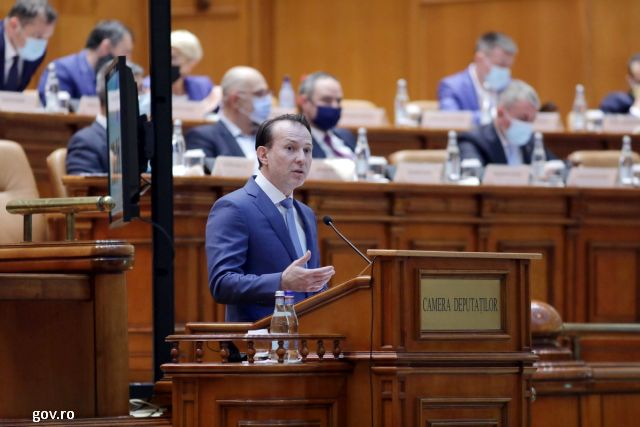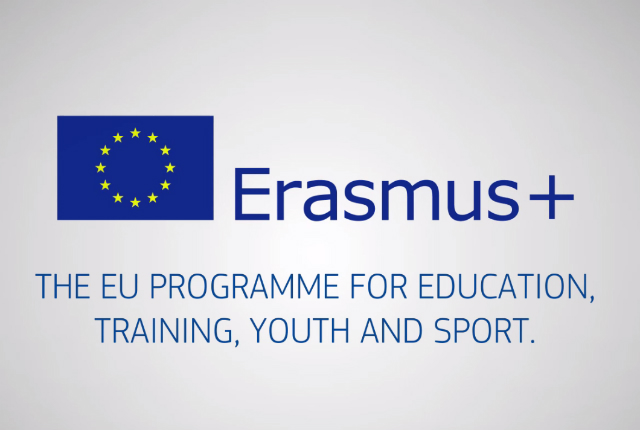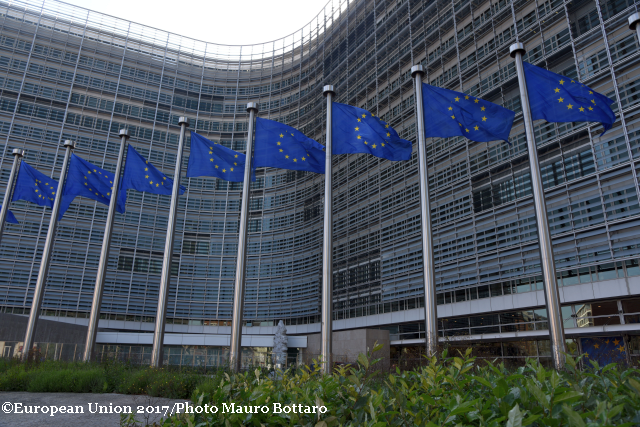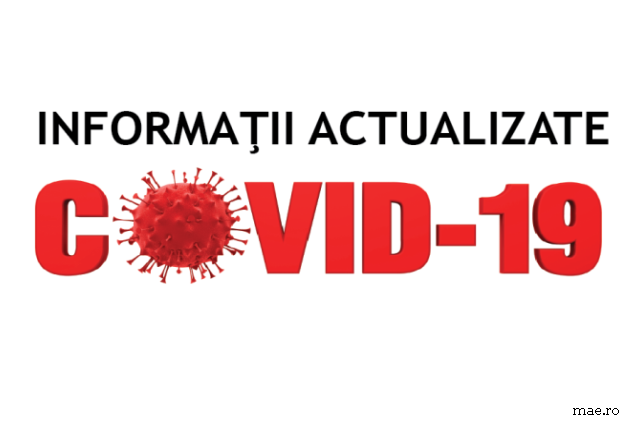COVID-19 IN ROMANIA – Starting today children aged 12-15 can get immunized
against COVID-19 after the European Medicines Agency has authorized the Pfizer
BioNTech vaccine as safe for being administered to children in this age bracket.
The online platform will allow parents, legal guardians or next of kin to
enroll children. Starting December, 2020, nearly 8 million doses of vaccine
have been administered to over 4.3 million people. Most people have taken both
anti-COVID shots. In recent days, the number of COVID infections has gone down.
All counties remain in the green zone, where the incidence rate remains below 1
per thousand inhabitants. On Tuesday, several relaxation measures took effect.
Outdoor events now allow for a larger number of participants. Indoor pools and
playgrounds have also reopened. On Wednesday, 164 new cases of COVID-19 were
reported in the last 24 hours by the Group for Strategic Communication, in
addition to 26 related fatalities. 391 patients are currently in intensive
care.
DEBATE – Romania’s president, Klaus Iohannis, is
today attending an online conference of the European People’s Party (EPP) in
the European Parliament titled Let’s talk about the future of Europe.
According to the Presidency, the head of state will present Romania’s vision
about the future of the European Union and highlight the fact that our country
will actively contribute to identifying priorities and joint solutions with a
view to meeting European citizens’ expectations. Attending the debate will be
EPP president, Manfred Weber and Romanian MEP, Siegfried Mureşan.
PNRR – Romania’s Prime Minister, Florin Cîţu, is presenting
Romania’s Recovery and Resilience Plan (PNRR), submitted to the European
Commission on Monday. Joining the Prime Minister will be deputy prime ministers Dan Barna and Kelemen Hunor and Minister for Investments and European Funds,
Cristian Ghinea. In a press release, the European Commission writes Romania has
applied for €14.3 billion in grants and €15 billion in loans under the Recovery
and Resilience Mechanism. The Plan also provides for measures in the fields of
sustainable development, education, healthcare, the renovation of buildings and
the digitization of public administration. The Commission will review Romania’s
plan based on specific criteria, one of which stipulates that 37% of spending
should be devoted to investments and reforms supporting climate change and 20%
for digital transition.
NATO – Romania’s Defense Minister, Nicolae Ciucă, pointed out
on the sidelines of the meeting of NATO Defense Ministers, the importance of
consolidating NATO’s presence on the eastern flank and reiterated Romania’s
commitment to allotting 2% of the country’s GDP to defense spending. NATO
Ministers prepared the NATO summit of June 14 and discussed a series of topics
such as the developments in Afghanistan, Belarus, Russia or China, but also the
need to adapt to the era of growing global competitiveness. In this context,
NATO ministers tackled the NATO 2030 agenda regarding the adaptation of NATO to
future challenges. We are presented with a number of challenges to our
security that we need to tackle together, because no country and no continent
can deal with them alone, NATO Secretary General, Jens Stoltenberg, has said.
COVID CERTIFICATES – Seven EU member States (Bulgaria, the
Czech Republic, Denmark, Greece, Croatia and Poland) – have connected to the
gateway verifying COVID and started issuing first EU digital COVID certificates
and have already started issuing the first certificates, the European
Commission writes. The Commission proposed the introduced of the certificate in
order to resume free travel over the summer in full safety. The certificate is
free, secure and available to all citizens in digital or printed format. The
certificate provides evidence a person has taken the anti-COVID-19 vaccine, has
a negative test result for COVID-19 or has had the disease. 22 countries have
already successfully tested the gateway. While the Regulation will be applied
from July 1, all Member States, which have passed the technical tests and are
ready to issue and verify certificates, can now start using the system on a
voluntary basis.
TENNIS – Romanian tennis player Mihaela Buzărnescu is today playing Serena Williams of the United
States in the second round at Roland Garros. Also today, another Romanian,
Sorana Cîrstea, will take on Martina Trevisan of Italy. On Tuesday, the
Romanian-German pair, Horica Tecău/Kevin Krawietz
advanced to the second round in the men’s doubles after ousting Ariel Behar
(Uruguay)/Gonzalo Escobar (Ecuador). In the women’s singles, Ana Bogdan was
awarded a walkover win after her oponent in the second round, Japan’s Naomi
Osaka, withdrew from the competition. Simona Halep, world no. 3 and the winner
of the French Open in 2018, did not take part due to an injury. (VP)

